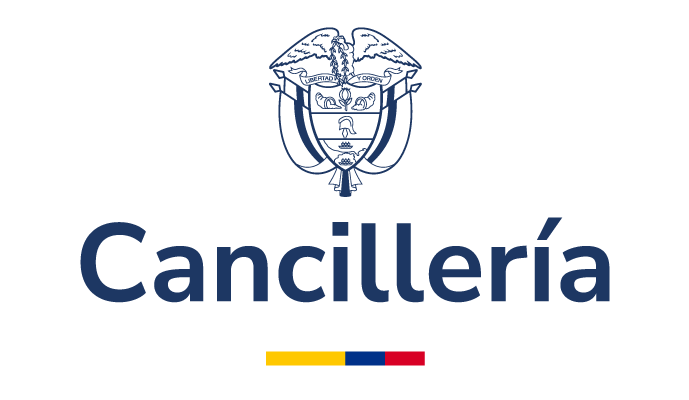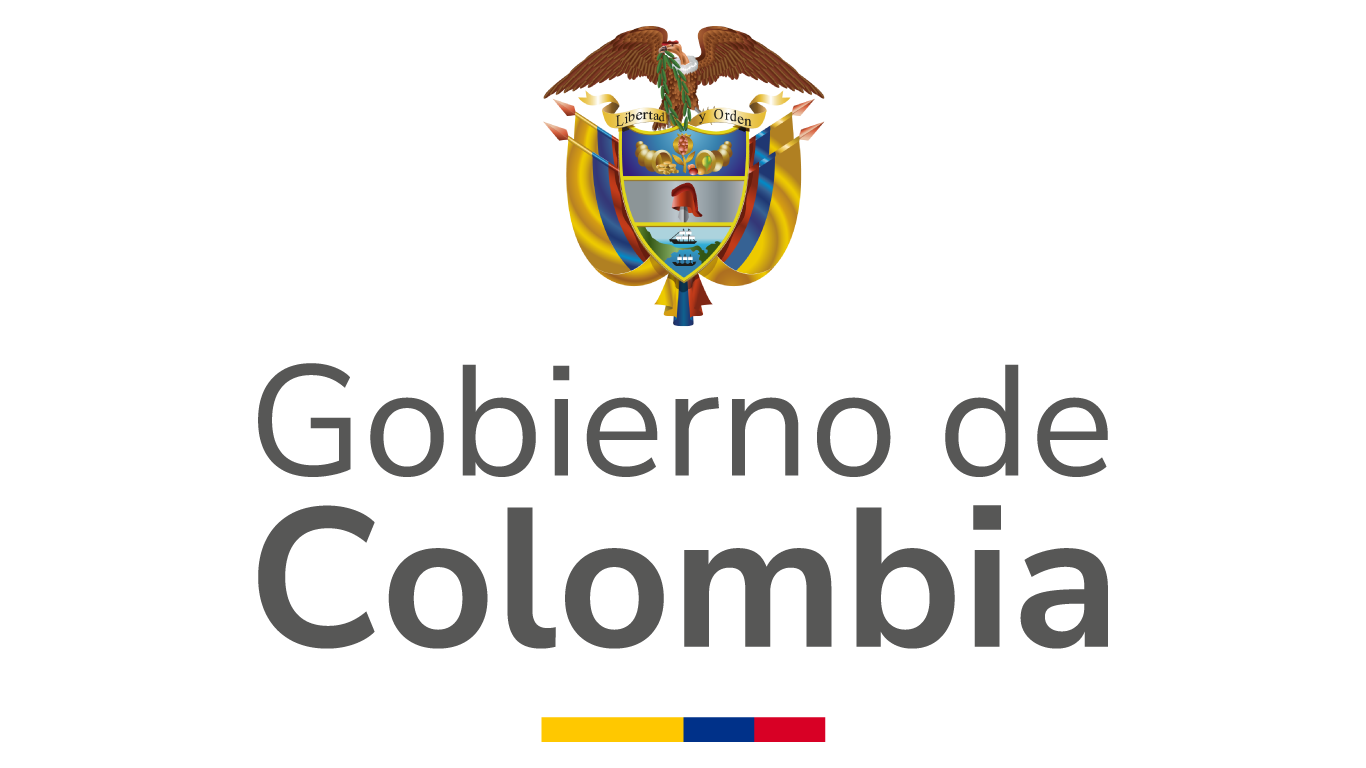Colombia established diplomatic relations with the Federal Republic of Germany in 1882. Our country has an Embassy in Berlin and the German Embassy is located in Bogota. Bilateral relations between Colombia and Germany have always been cordial and respectful.
Bilateral political relations have strengthened since early 2007, gaining increased momentum through numerous high-level visits in both countries. Thus, German President Horst Köhler visited Colombia in March of that year, a significant event, considering that the last visit of a President to our country dated back to 1972. Only one year later, Minister of Foreign Affairs Angela Merkel made an official visit to Colombia, accompanied by a delegation of 80 persons made up of members of Parliament, representatives of all political parties in the Federal Parliament, two ministers and a group of entrepreneurs. In March 2009, Federal Minister of Education and Research, Professor Annette Schavan visited Colombia, in order to explore the possibilities of cooperation in these areas. Numerous members of the German Parliament, as well as representatives of German institutions and enterprises have also visited Colombia.
Colombian high-level officials, in turn, have made important visits to Germany, such as those of then President Alvaro Uribe in January 2009 and President-Elect Juan Manuel Santos in 2010. Former Vice President Francisco Santos visited Germany on several occasions and current Vice President Angelino Garzon visited Berlin in February 2011. One example of the seamlessness and importance of the current political relations is the visit of President Juan Manuel Santos to the German capital in April 2011, where outstanding results were achieved.
With regard to economic ties, it should be noted that these high-level visits have always included participation of entrepreneurs, who have carried out a varied agenda on matters related to trade and investment. Although German investment in Colombia is significant, it was somewhat affected by the economic crisis of 2009.
With respect to cultural relations between the two countries, which are based on a long-standing tradition that goes back even to the time of Natural Scientist Alexander von Humboldt, it is important to highlight the important cooperation provided by the Goethe Institute in Bogota, which recently opened its new facilities (2011), as well as the German Cultural Institutes in Medellin, Cali and Cartagena. The German schools in Bogota, Medellin, Cali, Barranquilla and Lerida contribute significantly to this cultural relationship, teaching the German language and culture and establishing important ties between the two countries. The ExpoKolumbien trade show, a one-week event held in Berlin for the first time two years ago, provided a unique opportunity to show different aspects of the Colombian culture, economy and education .
The renewed and positive dynamics within the scope of scientific-academic cooperation are also worthy of mention. The presence of Colombian students in Germany has grown significantly in a short period of time to its current number of 1,400; there has been a steady increase in the number of scholarships granted by the German Government (500 in the year 2008) and the number of German students interested in visiting our country is also on the rise, due, among other factors, to the growing number of cooperation agreements between universities of the two countries (currently more than 60). The German academic Exchange Service (DAAD for its acronym in German) decided to support the creation of a Center of Excellence in Marine Sciences (CEMARIN) in Santa Marta. This center is one of only five Centers of Excellence in the world receiving financial and technical support from Germany. The foregoing, added to the fact that the Federal Minister of Education and Research decided to include Colombia in her 2009 tour, evidences the genuine interest of Germany in our country as a true partner for cooperation in aspects related to education, science and research. This boost in scientific-academic cooperation was strengthened at the Meeting on Education, Science, Research and Innovation held during the visit of President Santos to Berlin, which was attended, not only by Minister Schavan, but by the Presidents of the politically and academically most influential education and research institutions in Germany.
Official cooperation for development is focused on two areas, as agreed between the two countries: "Crisis prevention, peacebuilding and strengthening the rule of law" and "Environmental policy and the protection and sustainable use of natural resources". This issue was included as part of the recent Intergovernmental Negotiations for Cooperation, held in Bonn in December 2010.
The following Agreements were signed during President Santos’ visit to Berlin on April 13, 2011:
- Agreement for Educational Cooperation between ICETEX (Colombian Institute for Education Credit and Technical Studies Abroad) and the DAAD (German Academic Exchange Service).
- Framework Agreement for International Cooperation between the SENA (National Learning Service) and the BIBB (Federal Institute for Vocational Education and Training).
- Memorandum of Understanding for German-Colombian Cooperation between the Deutsche Forschungsgemeinschaft e.V (DFG) from Germany and COLCIENCIAS (Administrative Department of Science, Technology and Innovation) from Colombia.
- Joint Statement on Cooperation (Education, Science, Research and Innovation) between the Government of the Federal Republic of Germany and the Government of the Republic of Colombia.
Relevant agreements signed with Germany:
-
Exchange of Notes constituting an agreement on the abolition of visa requirements for holders of diplomatic and official passports.
-
Agreement for the reciprocal protection of literary and artistic works.
-
Cultural agreement.
-
General agreement on technical cooperation.
-
Agreement on air transport.
-
Agreement for the creation of a study and expert fund.
-
Memorandum of understanding for the establishment of political consultations.
- Joint statement on cooperation in the fields of education, science, research and innovation.
The Second Meeting of the Political Consultation Mechanism with Germany took place on December 6 in Berlin. The Vice-Minister of Foreign Affairs, Mónica Lanzetta, attended as the head of the Colombian delegation, and Vice Minister Emily Haber, as the head of the German delegation. Issues of bilateral, regional and multilateral interest were discussed.










